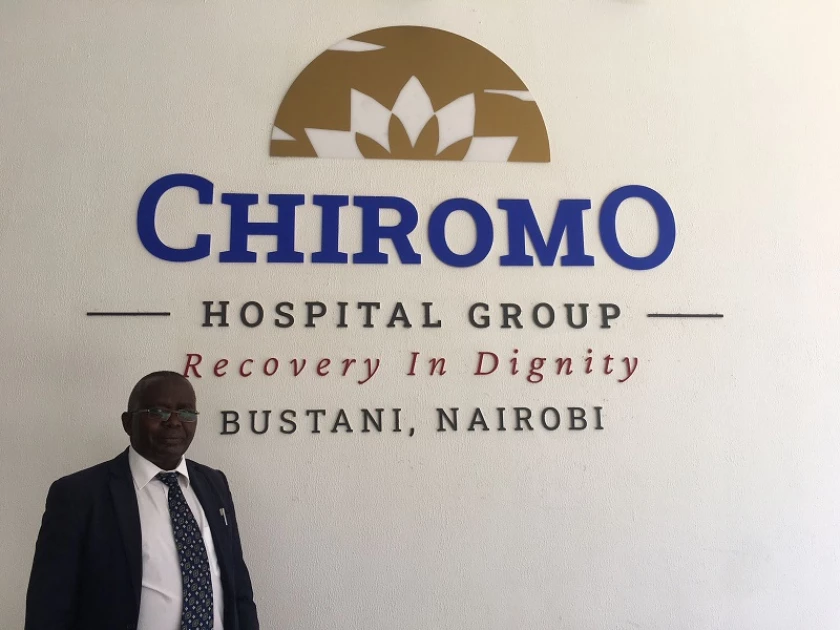Treating PTSD among service men


Audio By Vocalize
Serving in the defence department and the Kenya Police can
lead to experiencing a storm after returning from the battle field, some may go
through Post- Traumatic and Stress Disorder (PTSD) among other conditions.
This is a mental health condition affecting various people in the society who have experienced various scary events like shootings, catastrophic accidents and others.
As compared to the past, there is a change on how veterans were treated after returning from the battlefield as affective measures have been implemented to help heal their emotional wounds.
Frank Wahom, an OCPD from Kabete Police Station says that effective counseling services are offered to officers after they return from the battle field
“Mbeleni tulikua na shida sana kwa sababu hatukuwa na watu wa kutupa ushauri baada ya kutoka vitani, lakini kutokana na maarifa ya serikali waliweza kuwa na mpango ili kuwashauri maafisa hawa,” Wahome noted.
Doctor Cleopa Njiru, a psychologist from Chiromo Hospital Group says that individuals suffering from PTSD often have flashbacks of traumatic events, nightmares and other frightening thoughts.
“They may also develop avoidance or refraining symptoms whereby they purposely stay away from something that reminds them of the experience. They avoid certain places and objects that serve them as a reminder of what they have experienced,” he told Citizen Digital.
According to Chiromo Hospital Group, this is generally due to the individual feeling like they need to be alert, which is a result of the anxiety that sometimes comes with the nighttime and subsequent darkness, or nightmares the person seeks to avoid.
Veterans with PTSD may find it difficult to remember the entire traumatic event or feel guilt associated with their part in it. Sometimes, they have negative feelings towards themselves or the world at large, and they lose interest in activities they used to enjoy.
“Some start isolating themselves from other people, some indulge in drug and substance abuse, their thinking and mood also changes,” added Cleopa.
Servicemen who are affected with PTSD, they tend to go through various assessments with a psychologist so as to check on the signs and get to prescribe on how to deal with certain cases.
“There are questions we ask to the victims and we carry out assessments so as to know if there is any underlying condition that could lead us to tell when one is affected with PTSD,” said Cleopa.
According to Dr. Cleopa, a person with this mental health condition may appear angry, tensed, worried, easily startled, on edge, display of angry outbursts and trouble while sleeping. They may also come across as distant or detached.
All of these responses can affect family and friends, who may feel hurt, rejected, angry or sad, especially if they don’t recognize these patterns as being normal reactions to PTSD.
Creating a positive response requires that one understands these responses enough to know they are a normal way of dealing with this condition.
The second step is to get the veteran the outside help he or she needs. This may involve counseling type therapy sessions or even family therapy so that everyone involved can work through PTSD together.
Chiromo Hospital Group plans to come up with an effective research Centre to help keep track of cases with people who have undergone PTSD and got treatment from the hospital.


Leave a Comment